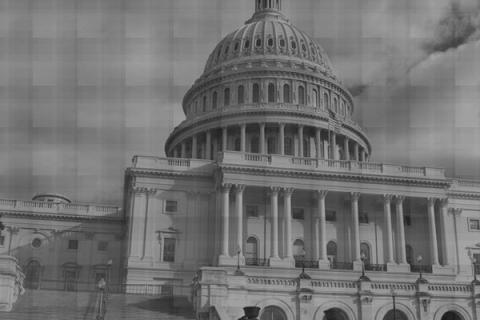 This season of extreme partisanship is mercifully being brought to an end by Election Day and by the storm disaster in the Northeast.
This season of extreme partisanship is mercifully being brought to an end by Election Day and by the storm disaster in the Northeast.
I live in New York City and was here for the hurricane and remain here for its aftermath. The damage inflicted by the storm is so upsetting - even surreal. The City is struggling to right itself, to restore power, reopen public transit, care for its citizens and assess the destruction.
Beyond the short-term challenges of recovery, the hurricane's aftermath exposed a frightening level of decay. The power grid, the transportation system, and the sewage system were overwhelmed by a storm surge that has been on the radar screen for a decade.
Other dire conditions surfaced as the storm surge receded. Levels of poverty and isolation, hidden by the City's glamour and wealth, have become visible.
My dear friend and fellow independent, Dr. Lenora Fulani, spent a day in Far Rockaway, not far from where storm-driven fires decimated 80 homes. She spoke with many hundreds of residents of the seaside housing projects - mostly black and poor and forgotten - who were in desperate need of food, water, medical supplies, and diapers. She called Mayor Mike Bloomberg from the site and asked for his help in getting the Red Cross and the National Guard to the scene. Within four hours, food and other supplies were delivered. From there, a steady stream of relief arrived. And, the public discussion about the storm now includes its impact on the poor communities.
The insufficient infrastructure and the permanent poverty - and their human cost - make me think, once again, that something is so wrong with our political system. The parties insanely vie for partisan advantage. Only a storm of the magnitude of Sandy produces (temporarily) nonpartisan partnerships. The world keeps spinning. But we seem less and less able to impact on it, as so many things spin out of control.
This has been a challenging political season for independents, the 40 percent of the country who define themselves as other than the party-based status quo. We made a President - Barack Obama - in 2008, giving him a mandate to use his position to chip away at the gross partisanship of Washington, D.C. We saw that he couldn't. The politics of partisanship are so embedded in the governing process that the demand of a new coalition for a post-partisan country went unanswered. America descended further into a partisan mess, as independent voters en masse were swept aside by the partisan tide, just as homes, businesses, bridges and roadways - and even human beings - were swept aside by the hurricane.
The independent movement began the work of rebuilding our political system - from the bottom up - 25 years ago. In my recent travels to many parts of the country to speak about that history, I met with so many people - from many walks of life - who recognize that there must be a change in our political system if we are going to see a change in our policies. That is what we, in IndependentVoting.org, are doing. And we do it together, without headlines, TV coverage or acclaim. We are actively creating a new political infrastructure, a new conversation and a new culture as the old one is overwhelmed by partisanship and special interest power.
Many have asked me who I am voting for on Election Day. As I've told people for many months, I am voting for Barack Obama. Independents backed him in 2008. I believe the party establishment (including the establishment of his own party) has punished Obama for having won the support of independents with the call for a post-partisan America. I want the parties (including the Democrats) to understand that this independent movement will not be intimidated by their efforts to marginalize us. It is very clear that the policy debates in this campaign were framed to avoid and repress the national conversation about the outcry for a new kind of politics.
In my opinion, Obama has been the best President he can be without breaking out of the party paradigm. Dumping that paradigm is our job, the job of the independents. And we will continue that work with the same doggedness with which we began.
I wish I lived in Arizona, so I could vote for Proposition 121. I wish I lived in California, so I could be part of the Top Two independent revolution. I wish I could force the political establishment to respond to the 40% of Americans who have declared our independence. Not yet. But perhaps sooner than we think.
My love to all of you, and many thanks to those who have hosted me over these last three months. I look forward to speaking with you on our next national conference call on Tuesday, December 4th.
